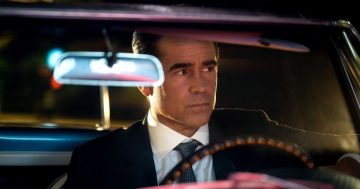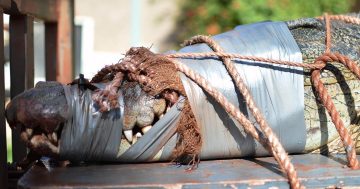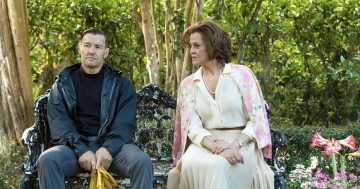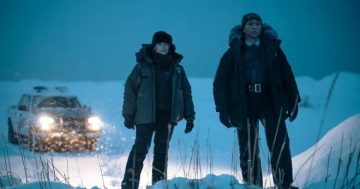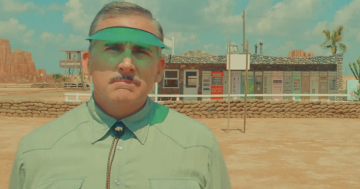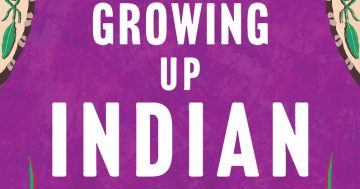Reviewed by Robert Goodman.
By Fiona McFarlane, Allen and Unwin, $32.99.
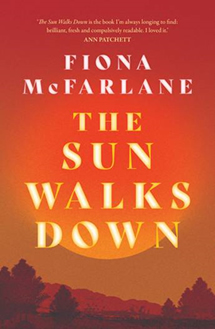 There is a long tradition in Australian literature of children going missing in nature. The classic of these being Joan Lindsay’s Picnic at Hanging Rock. These narratives trade on the notion of the unknowability of the Australian landscape and the fear that white settlers had of that landscape. Fiona McFarlane is well aware of this tradition and sets out to ‘unsettle’ this settler narrative by telling the story from a number of non-traditional points of view in her latest novel The Sun Walks Down.
There is a long tradition in Australian literature of children going missing in nature. The classic of these being Joan Lindsay’s Picnic at Hanging Rock. These narratives trade on the notion of the unknowability of the Australian landscape and the fear that white settlers had of that landscape. Fiona McFarlane is well aware of this tradition and sets out to ‘unsettle’ this settler narrative by telling the story from a number of non-traditional points of view in her latest novel The Sun Walks Down.
The book opens in 1883 on a small landholding in South Australia’s Flinders Ranges. Denny, a six year old boy walks out to collect firewood and becomes turned around in a dust storm, losing his way. Denny is the one boy in a bevy of sisters, all of whom were away from the property at the wedding of a local girl to the police constable. When Denny is discovered missing, the town swings into action, bringing in outside help and trackers. But as the search drags on, tensions rise, and the discovery of a bloody handkerchief, mistakenly believed to be Denny’s, fuels more tension. McFarlane is not interested in dead children and ensures Denny is found by a couple of wandering artists while the search continues around them.
The search for the missing boy is not so much a driver for the plot here as a catalyst for townsfolk to reveal themselves for who they really are – for example Denny’s father who gets into a fight with his Aboriginal stockman when he unsuccessfully demands that they go into territory that is forbidden to him; or Denny’s teenage sister Cissy who is freed from the constraints usually put on her as she joins the search. But in ranging across this array of points of view, McFarlane quickly loses much of the narrative tension. There is too much going on away from the search, too many characters to check in on. And in the end feels like there might have been a better way to explore this time and place than revisiting and reimagining the missing child trope.
What McFarlane does effectively is capture the varying landscapes and moods of the Flinders Ranges. From the arid plains to the secret waterholes and canyons. And in particular the hardscrabble existence of families who were forced at that time to move from raising cows and sheep to growing wheat in what is, at best, a marginal landscape. But also within that, McFarlane exposes the pecking order of wealth and privilege that came with settlement and continued to exist as part of the colonial enterprise.
McFarlane interrogates the times themselves and its attitudes through its broad scope of characters. As with many of the more recent explorations of the colonial past in fiction, McFarlane gives a view that is broader than the colonists themselves giving voice to those on the ‘outside’ of the colonial community including Aboriginal workers and Afghan traders. So that while she invites readers in by offering a hunt, she encourages them to stay for her deconstruction of a community.
Over 900 more book reviews can be found at Pile by the Bed.




